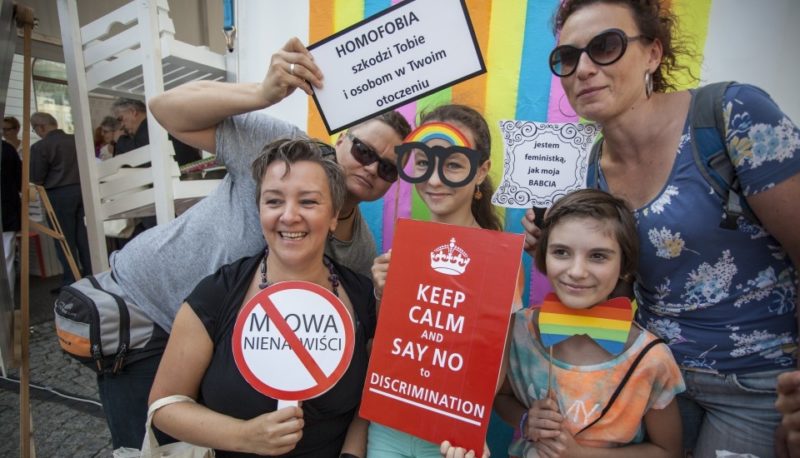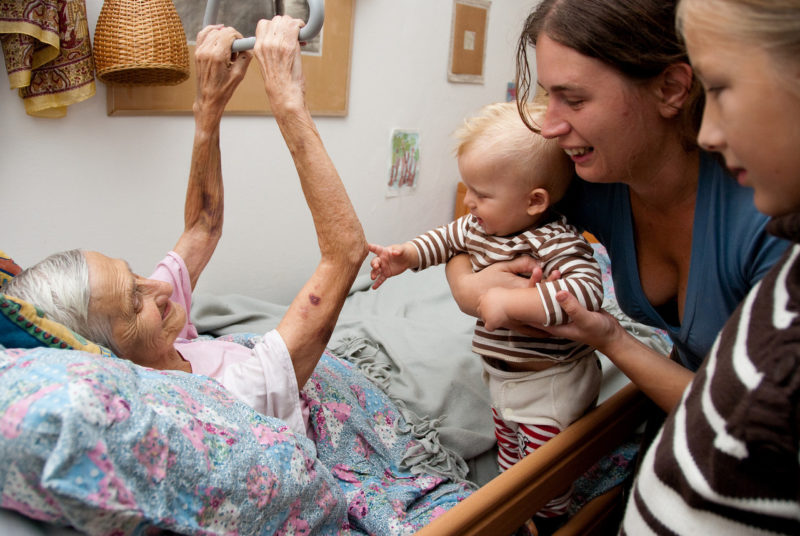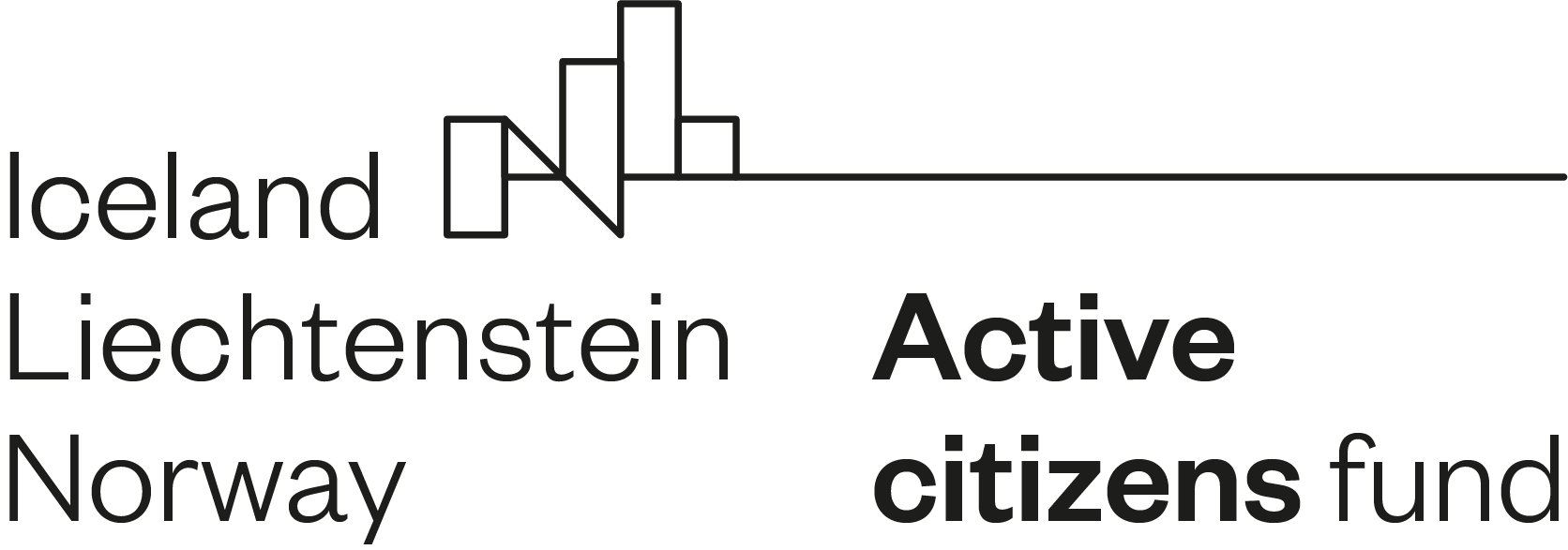The Active Citizens Fund 2014-2021
Why does Iceland, Liechtenstein and Norway support civil society development?
Support from the EEA and Norway Grants to civil society reflects a firm recognition of the sector’s role as a fundamental building block of democratic governance, human rights and social cohesion across Europe. Emphasis is given to building the capacity of the civil society sector to promote inclusion, democracy and active participation.
About 200 million euros shall go to support civil society in the 15 beneficiary countries.
Objectives
Civil society and active citizenship strengthened and vulnerable groups empowered.
Beneficiary countries
Project support is available to applicants in 15 European countries: Bulgaria, Croatia, Cyprus, Czech Republic, Estonia, Greece, Hungary, Latvia, Lithuania, Malta, Poland, Portugal, Romania, Slovakia and Slovenia.
Norwegian partners
Norwegian entities (NGOs, institutes, local and national authorities and other entities) are eligible as project partners.

Areas of support
- Democracy, active citizenship, good governance and transparency
- Human rights and equal treatment through combating any discrimination on the grounds of racial or ethnic origin, religion or belief, gender, disability, age, sexual orientation or gender identity
- Social justice and inclusion of vulnerable groups
- Gender equality and gender-based violence
- Environment and climate change

Suggested measures
- Advocacy, awareness-raising and outreach to citizens
- Watchdog and monitoring, including following up on recommendations of international monitoring bodies
- Citizen activism, volunteering and civic participation
- Participation in policy and decision-making processes, including promoting an enabling environment for civil society
- Support for freedom of expression, investigative journalism and media
- Countering hate speech, including support to networks working with hate crime victims
- Promoting LGBTI rights and anti-discrimination activities
- Capacity building of the civil society sector, including sustainability, networking and accountability of NGOs
- Partnerships between NGOs, public and private sector entities
- Civic education and training
- Research and analysis to inform policy-making
- Social innovation and social enterprise development
- Intercultural dialogue, including platforms for minority/majority interactions
- Inter-generational cooperation
- Awareness-raising and capacity building on environmental issues including climate change and adaptation
- Access to information, participation in decision-making and access to justice in environmental matters in accordance with the Aarhus Convention.
Active Citizens Fund at a glance: Take a look at the fact sheet
Follow the open calls calendar to see when ACF funding becomes available in the beneficiary countries.

